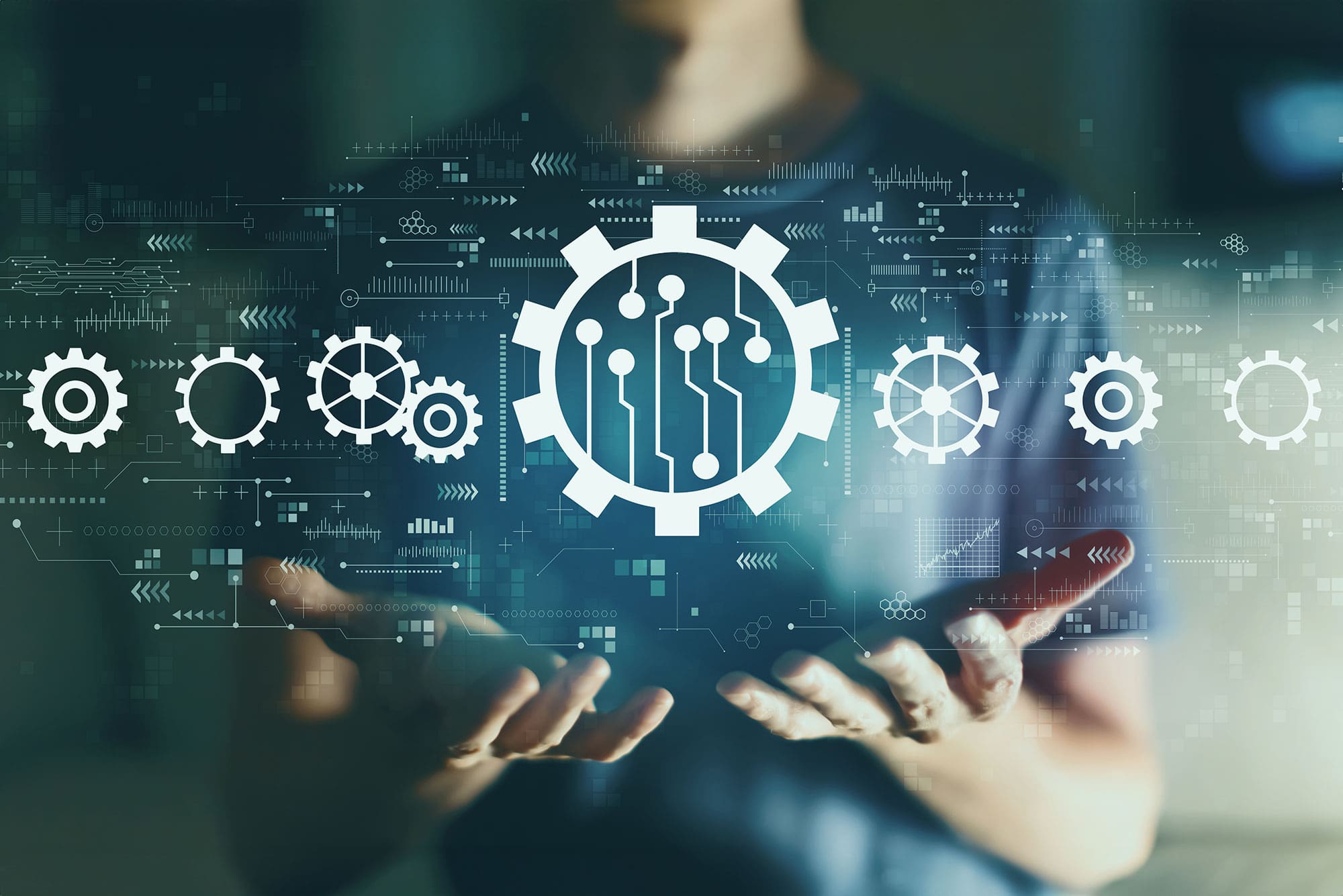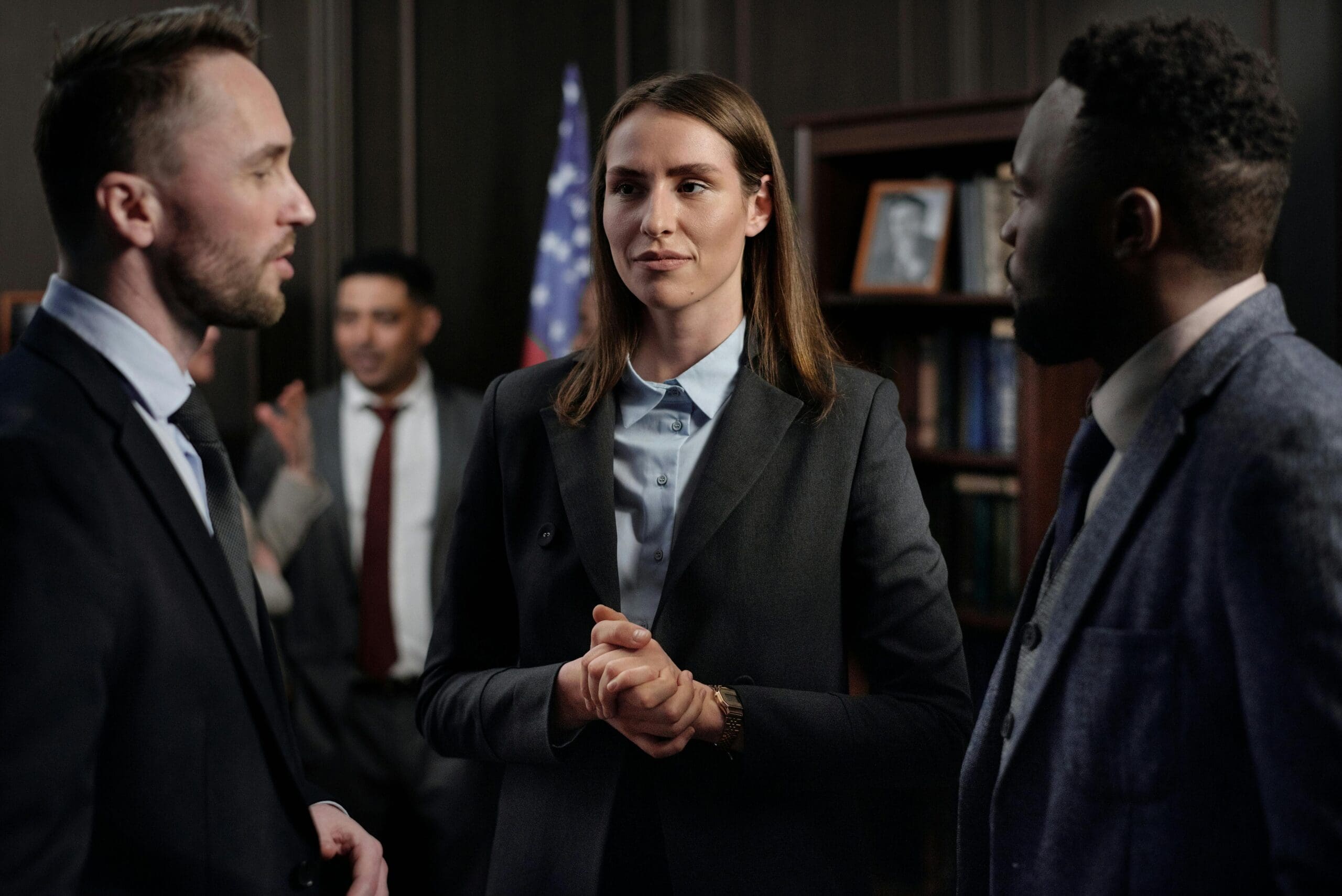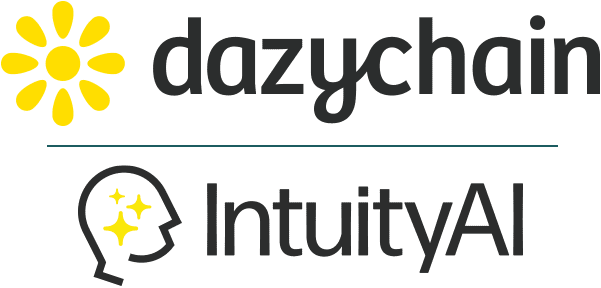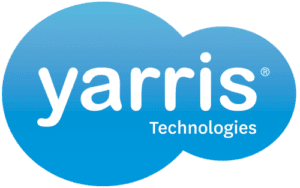Will AI kill your legal career?
AI is here now
There’s a lot of discussion about how technology is replacing jobs across a number of industries. Are lawyers going to become relics of the past? You’ve probably heard it all before:
- AI is coming
- AI will proliferate
- AI will replace lawyers
- AI will do the legal work instead of you
- AI will rapidly reduce the numbers in the legal profession
It’s important to cut through the hype to consider the actual situation.
AI has been around a long time
AI is the ability of machines to exhibit human like intelligence and decision-making. It’s important to understand that artificial intelligence has actually been around in various forms for generations. See https://en.wikipedia.org/wiki/History_of_artificial_intelligence for the interesting philosophical and commercial history from myth, to philosophy and from simple automations to expert systems and machine learning.
AI is an evolving set of technologies that are extraordinarily powerful in highly specific circumstances. Machine learning is currently the most commercially useful type of AI. Machine learning can recognise your grocery shopping and provide incentives, predict and order the parts required to build your car and analyse huge data flows from objects in the field such as monitors and cameras (the Internet of Things). These analyses rely on collecting large amounts of data on highly advanced, powerful machines (Big Data). Where there are large amounts of data and powerful processors, an AI can learn and develop. Conversely where there is no data and computing power, the options are limited for AIs.
There’s a lot of misunderstandings about artificial intelligence, and automation in general, particularly things like machine learning and AI for legal matters. People particularly overestimate the success of AI in the law, and software providers exaggerate the functionality of their software, calling simple mail merges and automations ‘AI’. It’s hype.
The effective use of AI in discovery
In the legal profession, machine learning is used extensively and effectively for discovery and document search. A successful AI requires an enormous pool of data to analyse in order to form any recommendations or conclusions. Large pools of documents are the obvious place for machine learning to demonstrate effectiveness. Humans can’t search through a million documents and then work out where the truth lies, or discover patterns of information. Machine learning is effective for searching and categorizing different types of documents into groups and priority relevance for litigation, intellectual property matters, mergers and joint ventures or new projects.
The limited use of AI in other legal spheres
The limited use of AI in other spheres of the legal arena is due to both the lack of matter information and the volume of data available. Most data on matters is private and confidential and not made available publicly for use. Without a large pool of data it is unlikely that an AI can begin to make sensible recommendations about legal process or matter outcomes.
The medical diagnosis example turns out to be a fallible example
Interestingly, many people argue that medical diagnosis should be effectively managed by AIs. There’s a lot of information that’s available on medical diagnosis. It’s sharable, searchable and knowable. It’s highly detailed and it’s configurable. You can use millions of data points from medical tests. All this data and information is available in big data pools that can be analysed to develop an AI. But currently medical diagnosis AIs are not capable of infallible diagnoses and make catastrophic errors even with the enormous publicly available body of knowledge available to AIs in the medical field which can include not just disease, symptom and diagnosis data, but anonymised test data from medical testing. Turns out it’s not that easy, and in fact, it is exponentially more complex than we first thought.
Where AI might work for lawyers and corporate counsel
Where AI may later come in 5 years plus in the legal field, is in the processing of past precedents, analysing regional legal and regulatory requirements, and likely outcomes of those matters if you have an effective legal tech application. However, there is currently no large matter and document storage area for national and international legal matters with free access because documents are stored within an organisation’s firewall to maintain privacy, confidentiality and security.
AI charlatans in legal tech
There are charlatans in the legal tech field who will tell you that they’re using AI in their products. Actually, they’re really using a set of automations such as mail merges and template creation to provide you with the type of document set that you want, which you can then fill in information and details. Automation is great, but it’s not AI.
AI will support, not supplant
Legal technology may eventually take over the role of lawyers, but not anytime in the immediate future. More likely is that legal technology will assist and support lawyers to do their jobs more efficiently and accurately.
In the law, there’s a whole suite of matters for which we’re likely to need ongoing expert lawyers; very fine thinkers who can sift through the detail, come up with creative ways of dealing with the most dire commercial issues and problems, navigate the most complex relationships, solve novel problems and manage the most challenging commercial changes in organisations. Those people are going to be very difficult to replace by an AI.
The main reason is not because AI isn’t necessarily capable of it, but because the data, the information, and the outcomes, the complexities, the associated documents and all of the deliverables and the activities that take place on this matter are not stored anywhere that can be accessed by machine learning AIs. People aren’t sharing them. We don’t have a way of pooling or archiving all this incredible knowledge at the highest level of skill in the legal profession, so that we can then turn it into an AI. The data is private and inaccessible, unlike data on say medical diagnosis or geographical locations on maps.
Dr Katherine King is the Chief Operating Officer of Yarris and the Product Owner of Dazychain legal operations management software













